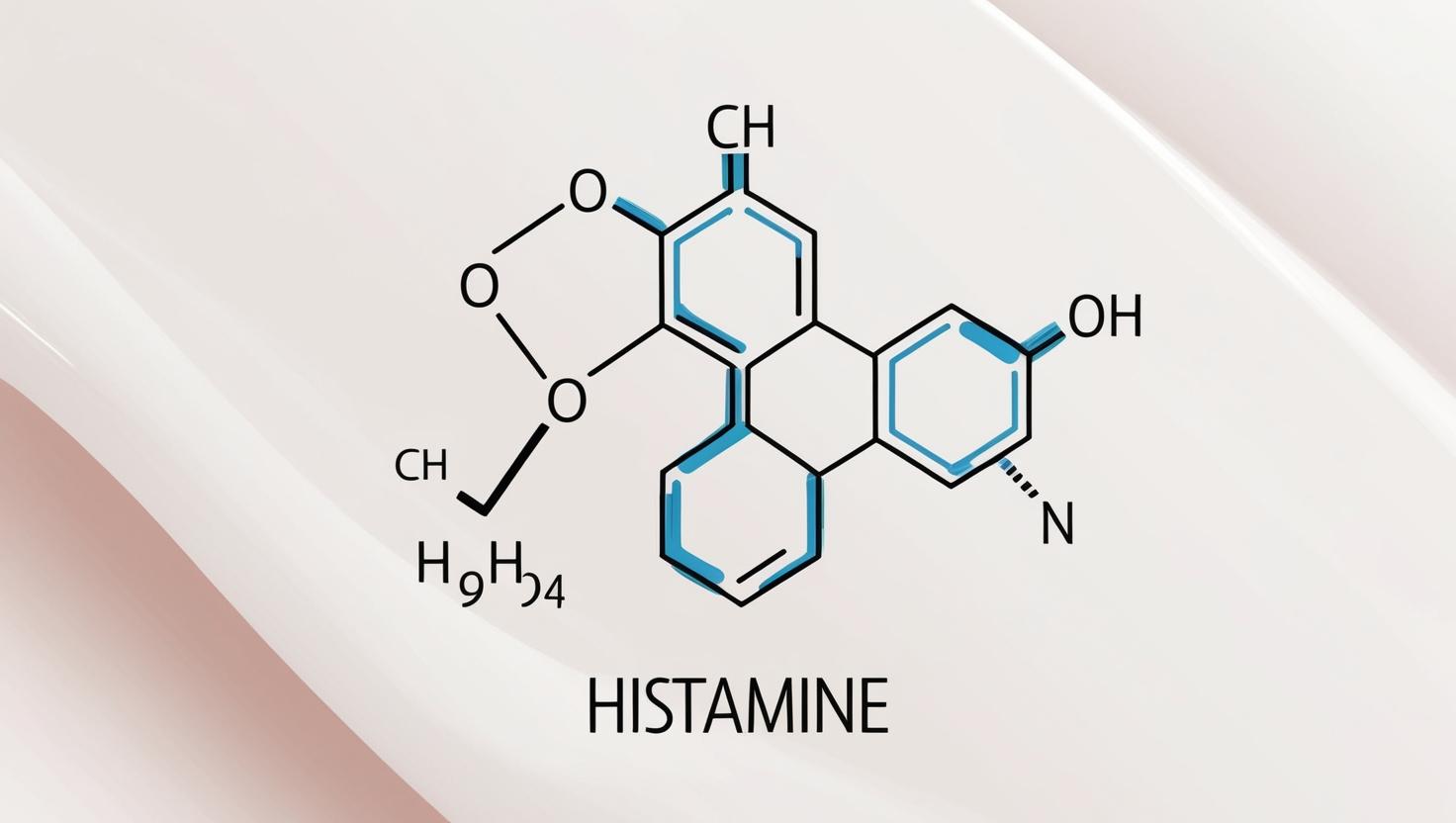
If you’ve ever been called sensitive, trust me, I can relate—but I’m not just talking about feelings here. My body is sensitive to certain foods, particularly egg whites and garlic. Based on my research, food sensitivities often signal deeper physiological imbalances, and navigating life with these challenges has inspired me to explore functional health with a scientific lens. It’s been a journey of understanding the intricate ways our bodies communicate distress and how to address these issues holistically.
Egg white allergies and garlic sensitivities are complex. For me, eating egg whites triggers sinus-related symptoms—likely tied to histamine responses—while garlic, especially when raw or fresh, induces migraines. Avoiding these triggers is critical, but understanding why these reactions occur has been the key to managing my health.
Egg white allergies are among the most common food allergies, often caused by an immune reaction to proteins like ovalbumin or ovomucoid. These proteins can activate mast cells, leading to the release of histamine. Histamine is a compound involved in immune responses and plays a major role in allergy symptoms.
In my case, eating egg whites triggers sinus-related symptoms like congestion, postnasal drip, and pressure headaches. These are classic histamine-related reactions. When histamine levels build up faster than my body can break them down, it overwhelms my system, causing inflammation and discomfort.
Garlic sensitivity, particularly to raw or fresh garlic, is another challenge. Garlic contains sulfur compounds like allicin, which are released when the bulb is crushed or chopped. These compounds can stimulate nerve endings and influence blood vessel dilation—a common trigger for migraines in sensitive individuals.
For me, consuming raw garlic often results in debilitating headaches, likely due to the neurovascular effects of these compounds. Cooked garlic tends to be less problematic, as heat reduces allicin content, making it less reactive.
Avoiding egg whites and raw garlic is essential, but supporting my body’s overall health has been equally important. Here are the evidence-based strategies and supplements I’ve incorporated to manage symptoms and address underlying issues:
Quercetin: This flavonoid stabilizes mast cells, preventing excessive histamine release. It’s been a game-changer for my sinus-related symptoms.
DAO Enzyme Supplements: Diamine oxidase (DAO) is the enzyme responsible for breaking down histamine in the gut. Supplementing with DAO can help reduce histamine load from food.
Vitamin C: Known to lower histamine levels, vitamin C also supports overall immune function.
Probiotics: Strains like Lactobacillus rhamnosus and Bifidobacterium bifidum help balance gut bacteria, reducing systemic inflammation and improving histamine metabolism.
L-Glutamine: This amino acid repairs the gut lining, reducing intestinal permeability and calming immune responses.
Digestive Enzymes: Enzymes improve food breakdown, reducing the burden on the immune system.
Magnesium Glycinate: Magnesium supports vascular health and helps prevent migraines by relaxing blood vessels and calming nerve activity.
Riboflavin (Vitamin B2): Research shows riboflavin supplementation can reduce migraine frequency and intensity.
Hydration: Dehydration can exacerbate migraines, so staying hydrated is crucial.
When I discovered my sensitivity to egg whites and raw garlic, it was overwhelming. Cooking without these staples felt impossible at first. However, digging into the science behind my symptoms helped me feel more empowered. Understanding the role of histamine in my egg white reactions and the neurovascular effects of garlic gave me clarity on how to manage my triggers effectively.
By focusing on gut health, supporting histamine clearance, and addressing neurovascular triggers, I’ve significantly reduced the frequency and severity of my symptoms. While I still avoid these foods, I now feel better equipped to handle accidental exposures.
Cooking without egg whites and raw garlic might sound restrictive, but there are plenty of alternatives:
For Egg Whites: Flaxseed meal and chia seeds work well as binders in baking. Aquafaba (chickpea water) is another excellent substitute for whipped egg whites in recipes.
For Garlic: Garlic-infused oil provides flavor without triggering symptoms, as the FODMAPs and sulfur compounds don’t leach into the oil. Asafoetida powder (hing) is another great option for adding garlic-like flavor.
Egg white and garlic sensitivities might seem like roadblocks, but they’ve also been opportunities to learn more about my body and how it functions. By understanding the science behind my symptoms and taking a functional approach, I’ve made significant progress in managing my reactions and improving my overall health.
If you’re navigating similar challenges, know that you’re not alone. Small, consistent steps—like supporting gut health, managing histamine levels, and identifying triggers—can make a big difference.